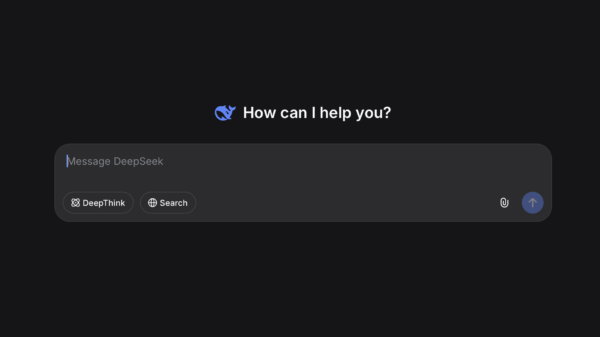Google (NASDAQ: GOOG) is contemplating a big shift in its search business model by considering the introduction of paid “premium” features. These features will be powered by generative artificial intelligence (AI).
This potential overhaul to its flagship search engine would be the first first time Google puts a core product behind a paywall. This is finally signalling that the tech giant has started evolving with the changing tech landscape.
Since the emergence of ChatGPT, an AI chatbot launched by OpenAI in November 2022, competition has been tough. Google has been confronted with intensifying rivalry in the realm of AI-driven search capabilities. ChatGPT’s ability to deliver comprehensive and rapid responses to user queries poses a significant challenge to traditional search engines. This is threatening to disrupt established revenue streams reliant on advertising.
To combat the ongoing competition, Google has finally pulled up its sleeves. The company is exploring various new options to diversify its portfolio. This includes incorporating select AI-powered search features into its premium subscription services. These services, which currently provide access to the Gemini AI assistant in platforms like Gmail and Docs, could potentially offer enhanced search functionalities as part of premium subscription tiers.
Read more: Tennessee becomes first state to enact laws protecting musicians from AI
Read more: Zoom debuts AI-powered work platform for better collaboration
From links to AI-Powered snapshots
Google initiated experimental AI-powered search services in May last year. They were aiming to provide users with more detailed answers to queries while maintaining links to additional information and advertising. However, the integration of AI-generated search results, such as “AI-powered snapshots,” presents operational challenges due to increased computing resource requirements.
As Google explores the integration of AI-powered search features, it needs to consider all the potential road bumps. It faces a strategic dilemma in balancing innovation with its core revenue driver—advertising. While AI innovations hold the promise of enhancing user experiences, concerns linger regarding several potential impacts. From advertising revenue to online publishers reliant on traffic from traditional search engine results, Google is looking at a number of roadblocks.
While Google remains committed to advancing AI innovations in search, the specifics of integrating AI-powered search into existing subscription services and the broader search ecosystem are still under consideration. The company emphasizes its dedication to enhancing subscription offerings. Moreover, the company is affirming its commitment to evolving search functionalities to meet evolving user needs.
Google’s contemplation of charging for AI-powered search signifies a huge moment in the evolution of search technologies and revenue models in the tech industry. The company is navigating the complexities of integrating AI innovations into its flagship products. Additionally, there are changes in the potential implications for users, advertisers, and online publishers underscore the transformative power of AI in shaping the future of information retrieval and digital experiences.
zartasha@mugglehead.com













